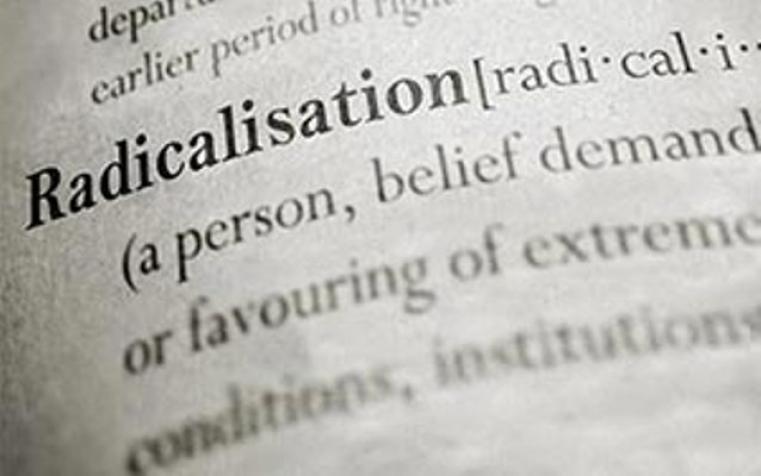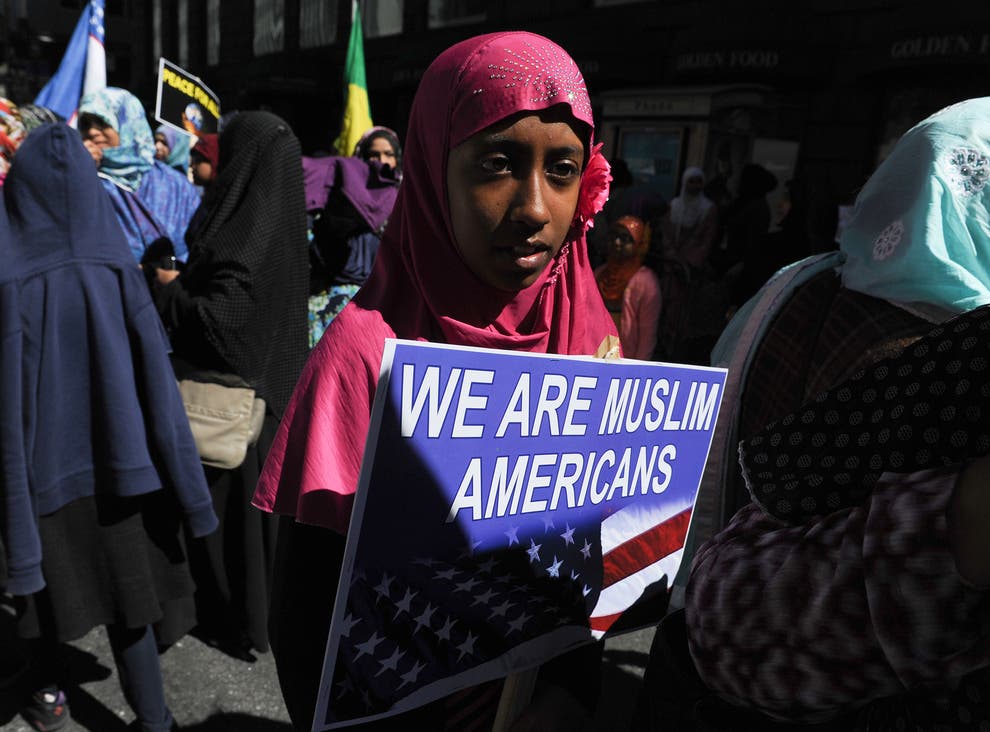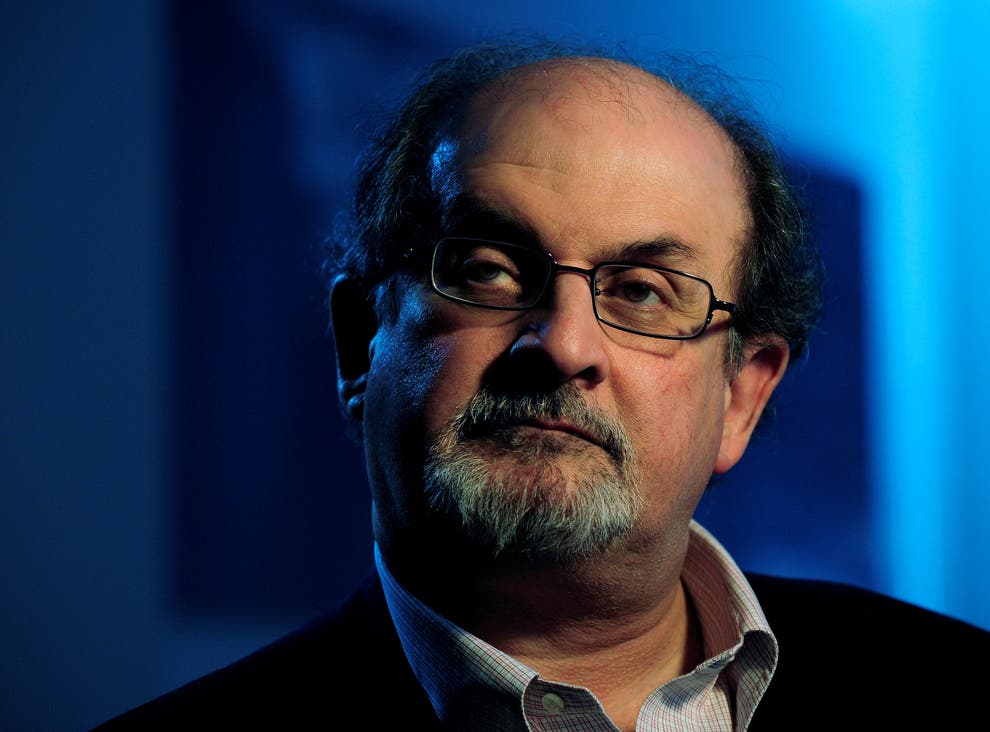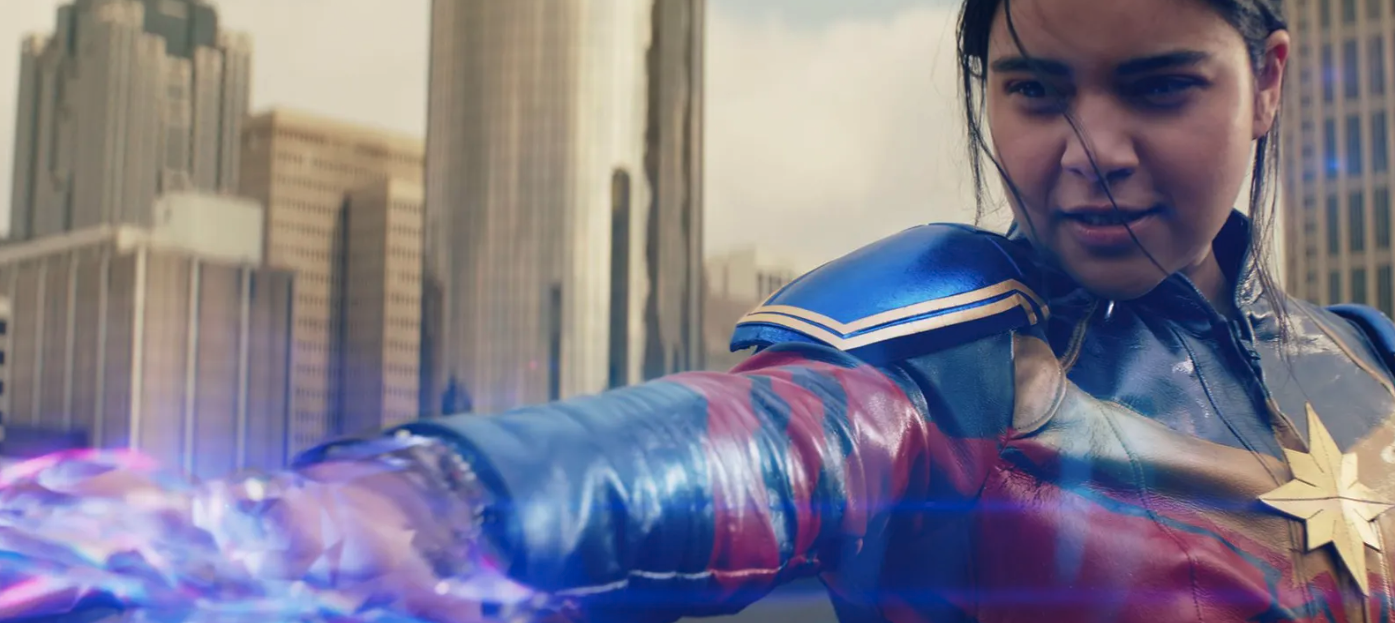UPLAND, Calif. — Three of the young men swept up in a federal terrorism probe grew up in the Southern California suburbs where they played pick-up basketball, ran for homecoming court and sparred in video games with neighborhood kids — a far cry from the wannabe terrorists described by the FBI.
Two of the men converted to Islam less than two years ago and the third, an American-born Vietnamese Muslim, drifted into their orbit as recently as September after a game of paintball. He also is an unemployed high school dropout and new father.
The rapid evolution from suburban teen to aspiring jihadist alleged in court documents blindsided family members, but experts who study homegrown terrorism said the case highlights the susceptibility of new converts to radicalization, particularly among the young.
Two of the members of what the FBI called an extremist network — Miguel Alejandro Santana Vidriales, 21, and Ralph Deleon, 23 — converted after meeting Sohiel Omar Kabir in an Ontario, Calif., hookah bar. The naturalized U.S. citizen from Afghanistan introduced them to the radical Islamist doctrine of the U.S.-born extremist cleric Anwar al-Awlaki, who was killed last year in an American airstrike in Yemen, according to court files unsealed this week.
Kabir, 34, later returned to Afghanistan but continued to give direction to the Southern California men on Skype. He was taken into custody last weekend.
All four men are facing charges of providing material support to terrorists, which can carry a maximum 15-year prison sentence.
Authorities won’t say how the investigation began, but at least two members of the group shared their beliefs on Facebook and held Skype phone calls with Kabir — all of which was recorded by an FBI informant or captured by agents monitoring their activity.






